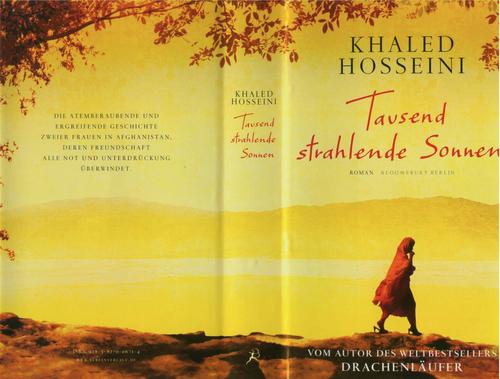None
5 stars
Wow, yeah. This book is hard to read, because of the domestic abuse, but if you can stand it, it is also such a fascinating window into the last few decades of Afghanistan's history, powerful, full of tension. You will be rooting for these two women and looking forward to the liberation of Kabul as much as they did - will it be in time to save them? Even more poignant given that we have now gone back to the days of the Taliban. OK, don't despair, there are light moments! - one detail that sticks with me is when the Titanic craze hits Taliban-controlled Kabul - Titanic burkhas!
Wow, yeah. This book is hard to read, because of the domestic abuse, but if you can stand it, it is also such a fascinating window into the last few decades of Afghanistan's history, powerful, full of tension. You will be rooting for these two women and looking forward to the liberation of Kabul as much as they did - will it be in time to save them? Even more poignant given that we have now gone back to the days of the Taliban. OK, don't despair, there are light moments! - one detail that sticks with me is when the Titanic craze hits Taliban-controlled Kabul - Titanic burkhas!


